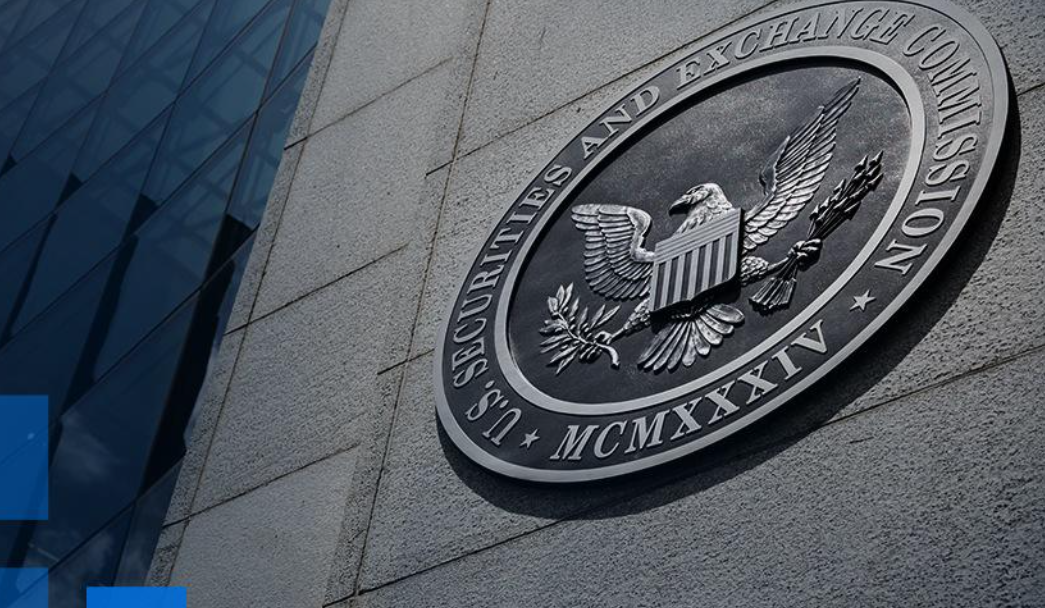The Securities and Exchange Commission (SEC) has made its first move in a case involving non-fungible tokens (NFTs).
The focus of this action is Impact Theory, a media and entertainment company headquartered in Los Angeles.
The SEC has brought forth allegations that Impact Theory engaged in the offering of unregistered crypto asset securities in the form of NFTs.
Spanning from October to December 2021, Impact Theory led the sale of three distinct tiers of the “Founder’s Keys” NFTs, titled “Legendary,” “Heroic,” and “Relentless.”
Back then, Impact Theory asked people who might want to invest to consider buying a KeyNFT as a way to invest in its business. The company also mentioned that it was aiming to become as big as Disney and the money from selling the KeyNFTs would be used to grow its business, hire more people, and make more projects.
The crux of the SEC’s argument resides in its assertion that the NFTs, which found their way into the hands of investors, were effectively investment contracts, thereby deeming them securities.
This classification underscores Impact Theory’s transgression of federal securities regulations, as the company embarked on an unregistered offering to the public without availing themselves of an applicable exemption from registration.
Seeking a resolution, Impact Theory chose a path of cooperation while neither affirming nor denying the SEC’s findings. The outcome is a cease-and-desist order, a manifestation of Impact Theory’s violation of the registration stipulations encapsulated within the Securities Act of 1933. This directive compels Impact Theory to disburse a collective sum exceeding $6.1 million, encompassing disgorgement, prejudgment interest, and a civil penalty.
Beyond monetary penalties, the directive establishes a Fair Fund, aimed at redressing the financial injury incurred by investors who had procured the NFTs.
In a gesture of commitment, Impact Theory has pledged to obliterate any existing Founder’s Keys within its possession or control. Moreover, the company will publish notice of this directive on its official online platforms, ensuring that the verdict resonates across its digital domains and social media channels.
As the cryptocurrency landscape evolves, questions about regulations remain a key focus. While regulatory authorities are being sorted out, the rise in cases could soon necessitate more defined regulations. In a related development, Hermès secured a victory in an NFT intellectual property trial against Mason Rothschild’s NFT project “MetaBirkins” in February, resulting in $133,000 in damages awarded to Hermès.


